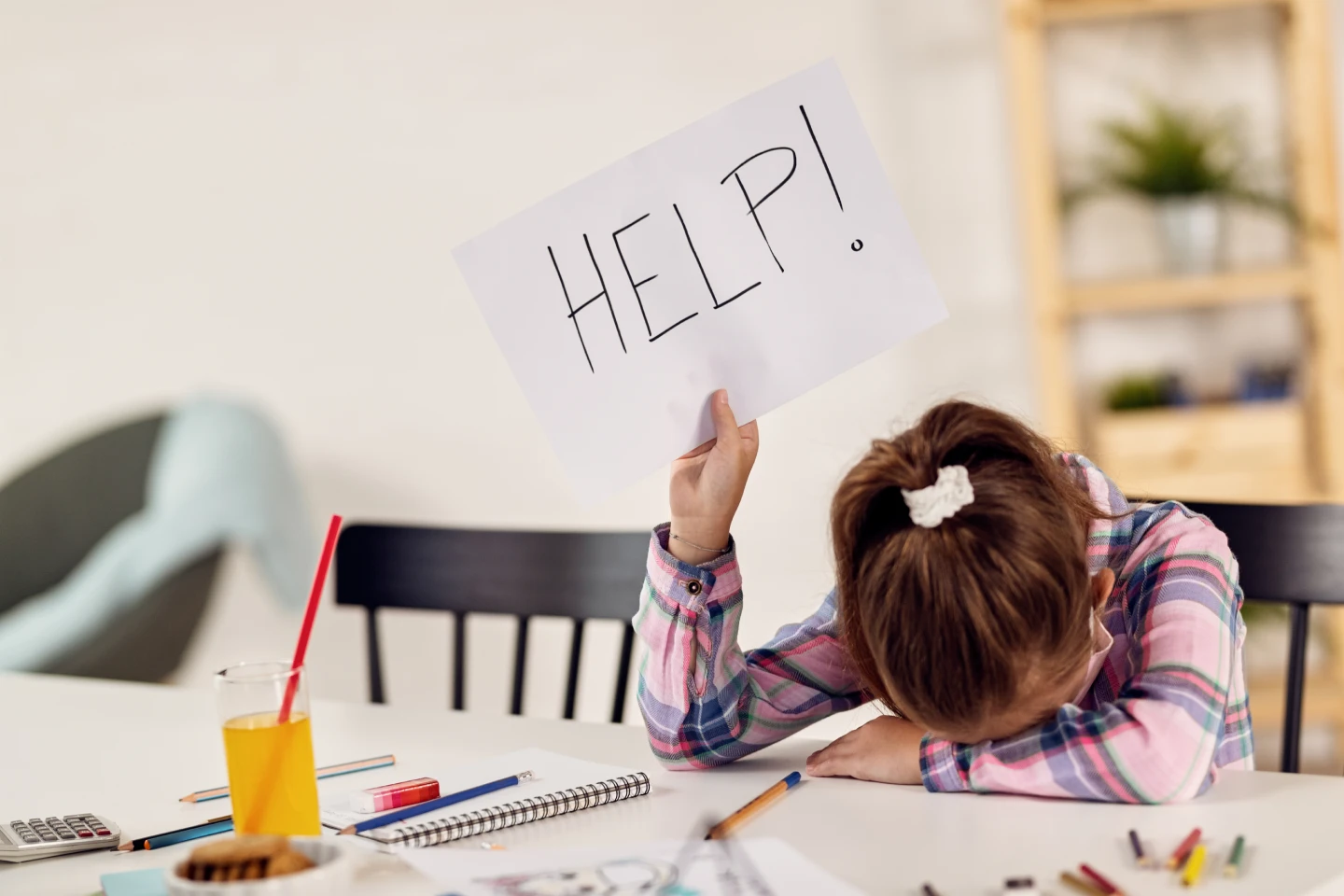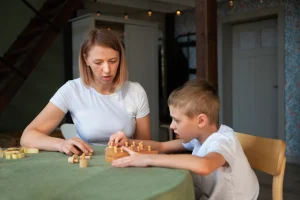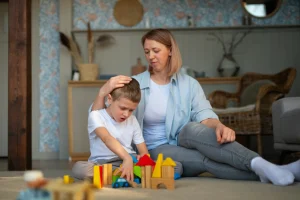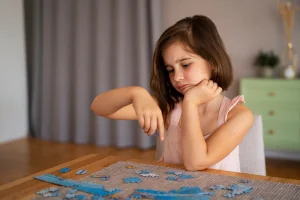ADHD is a chronic illness that affects millions of youngsters and frequently persists into adulthood. ADHD is characterized by a number of chronic issues, including trouble maintaining focus, hyperactivity, and impulsive conduct.
Children with ADHD may also battle with low self-esteem, strained relationships, and poor academic achievement. Symptoms may lessen with aging. Some people, however, never totally outgrow their ADHD symptoms. They can, however, develop successful tactics.
Despite the fact that medication cannot cure ADHD, it can greatly lessen its symptoms. In treatment, medication and behavioral techniques are frequently employed. Early diagnosis and treatment can significantly alter the outcome.
What Are The Signs And Symptoms Of Adhd?
Children, teenagers, and adults with ADHD exhibit three types of core behaviours on a consistent basis:
- Inattentiveness: Difficulty maintaining focus on tasks.
- Talking out in class, throwing a toy, or interrupting someone in conversation are all examples of impulsive behavior. Adults’ inclinations may be irresponsible, such as excessive spending.
- Restlessness, such as fidgeting, and inability to sit when sitting is expected, such as at church or school, and movement or climbing when it is unsuitable.
The most active behavior pattern in children, teens, and adults with ADHD is used to diagnose them. Predominantly Inattentive, Predominantly Hyperactive/Impulsive, and a combination of these kinds are the three most prevalent ADHD presentations.
ADHD The Following Nine Behaviours Characterize Predominantly Inattentive Presentation:
- Fails to pay attention to details or makes casual blunders in school, job, or other activities.
- Has difficulty paying focus when performing activities or playing.
- Even when addressed directly, it appears that he does not listen.
- Has difficulties following through on directions (for example, does not complete coursework, chores, or other employment tasks).
- Frequently struggles with task or activity organization.
- Avoids or dislikes tasks that demand continual mental effort, such as schoolwork, homework, or creating reports, forms, and long papers.
- Books, pencils, tools, wallets/purses, keys, documents, phones, and eyeglasses are frequently misplaced.
- Distracted quickly by actions or ideas unrelated to the current work.
- Is frequently forgetful in regular routines (such as doing chores, running errands, returning phone calls, paying bills and keeping appointments).
Impulsivity and Hyperactivity:
A youngster that exhibits a pattern of hyperactive and impulsive behavior may frequently:
- Fidget, tap his or her hands or feet, or wiggle in his or her seat
- Have trouble keeping sitting in class or in other situations
- Be constantly on the move.
- When it is not proper to run around or climb,
- Having difficulty playing or conducting an activity quietly
- Too much talking
- Interrupt the questioner by blurting out answers.
- Have trouble waiting for his or her turn
- Interrupt or intrude on the talks, games, or activities of others.
ADHD Vs.Typical Developmental Behavior
Most healthy youngsters are inattentive, hyperactive, or impulsive at some point in their lives. Preschoolers typically have limited attention spans and are unable to focus on a single activity for long periods of time. Even in older children and teenagers, attention span is frequently determined by the amount of interest.
The same can be said about hyperactivity. Young children are naturally lively, and they often remain so long after they’ve exhausted their parents. Furthermore, some youngsters are just inherently more active than others. Children should never be labeled as having ADHD simply because they differ from their peers or siblings.
When Should You See A Doctor?
If you suspect your child has ADHD, consult your Paediatrician or family doctor. Your doctor may recommend you to a specialist, such as a developmental-behavioral paediatrician, psychologist, psychiatrist, or paediatric neurologist, but it’s critical to first get a medical evaluation to rule out any other possible causes of your child’s troubles.






